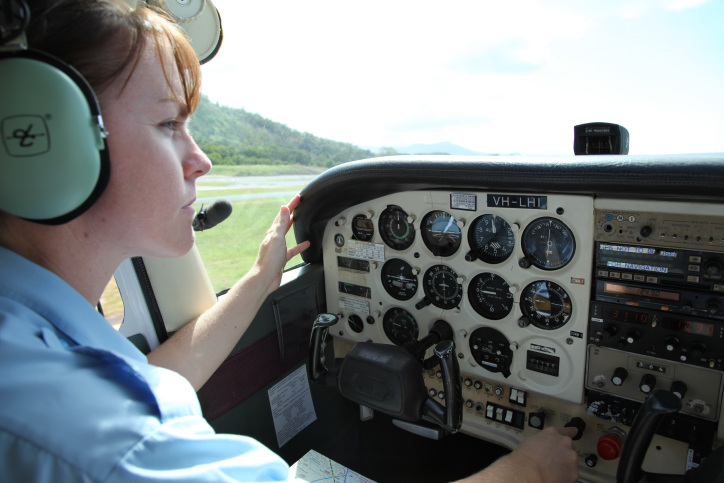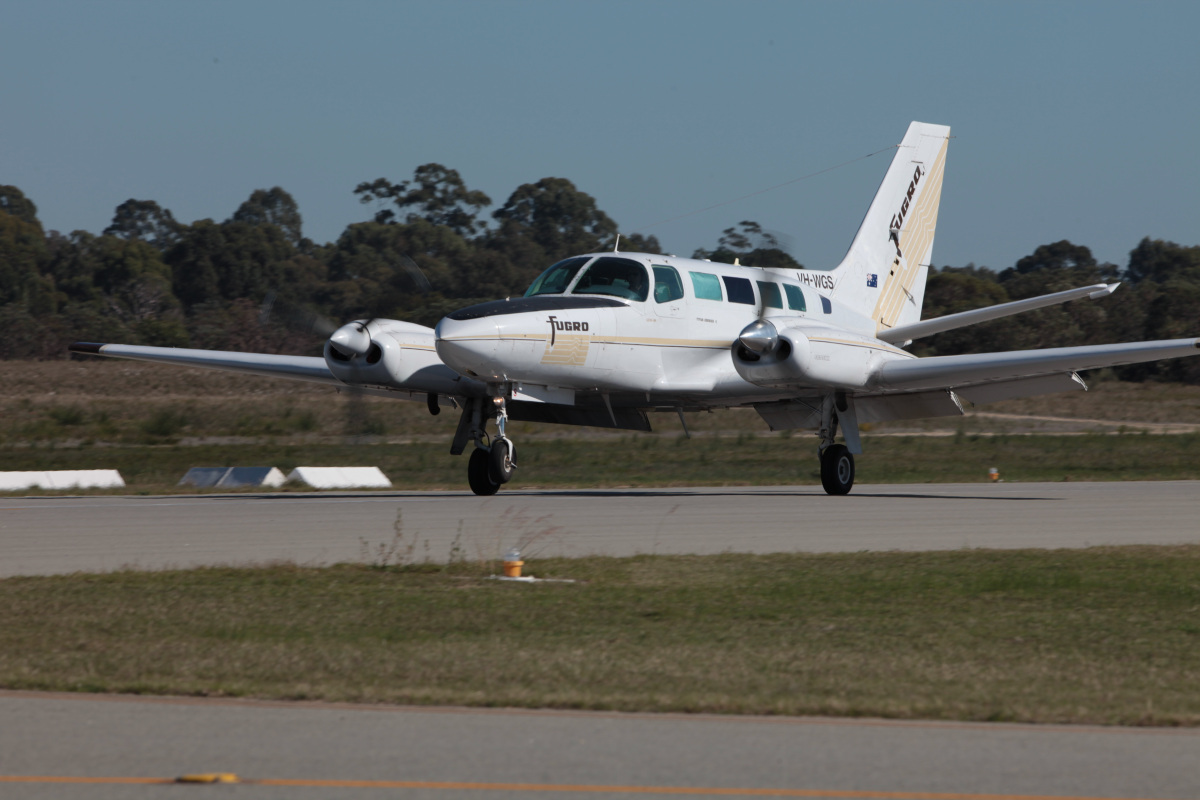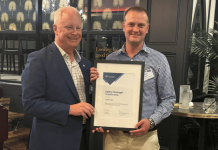For someone running a small to medium sized aviation business the letters SMS, standing for safety management system can be a forbidding acronym. The SMS for a large and complex organisation can be a document of many thousands of words over hundreds of pages, prescribing a bewildering array of meetings and procedures. But the power of SMS as a concept means it is scalable. A small organisation can reap safety and business benefits from a much simpler SMS. All you have to do is stick to it.
Transport Canada has a refreshingly simple definition of an SMS: ‘a business-like (systematic) approach to managing safety risks’. ICAO described it even more succinctly as ‘organised common sense’.
Chief executive and chief pilot of Austrek Air Charter, Marty Taylor, has used an SMS for about 20 years in his Toowoomba, Queensland, charter and maintenance operation. ‘Most competent operators are doing more than 90 per cent of an SMS already, they just don’t know it yet,’ he says.
An SMS has four functional components:
-
- Safety Policy – setting your safety goals
- Safety Risk Management – through reporting, analysing and s responding to safety concerns.
- Safety Assurance – measuring your performance and making sure that safety measures are being done.
- Safety Promotion – keeping the emphasis on safety.
The Canadian transport regulator says. ‘ Your organisation’s SMS will be at the core of its safety culture and will define how it intends to manage aviation safety as a part of its business management activities. This will eventually become the normal way people do their jobs.’
Taylor says confidentiality is unlikely in a small organisation but communication and flexibility are greater. ‘If I came into the hangar at night and kicked a toolbox left on the floor in the dark, because we’re a small business I would know whose toolbox it is,’ Taylor says. ‘I would speak to them the next day and say “don’t leave your toolbox lying round,” and they’d say “I never thought of that”. Document that conversation, and add what has been done to stop it happening again and you’ve got how an SMS works.’
And there are specific business benefits. ‘It does make your workplace more efficient, cost-effective and keeps your contracted customers happy.
The Canadian transport regulator says. ‘ Your organisation’s SMS will be at the core of its safety culture and will define how it intends to manage aviation safety as a part of its business management activities. This will eventually become the normal way people do their jobs.
Taylor says members of a well-run organisation are talking about safety every day – or should be. ‘All the SMS does is document those discussions and ensure they get followed up. It means you put barriers in place to prevent repeat occurrences.’
Taylor says confidentiality is unlikely in a small organisation but communication and flexibility are greater. ‘If I came into the hangar at night and kicked a toolbox left on the floor in the dark, because we’re a small business I would know whose toolbox it is,’ Taylor says. ‘I would speak to them the next day and say “don’t leave your toolbox lying round,” and they’d say “I never thought of that”. Document that conversation, and add what has been done to stop it happening again and you’ve got how an SMS works.’
Over time the data generated by an SMS produces a picture that could not have been seen if safety management remained informal, Taylor says. ‘When the auditor comes, they see you have a procedure to address a hazard, and they’re happy.’
And there are specific business benefits. ‘It does make your workplace more efficient, cost-effective and keeps your contracted customers happy.
Taylor has two tips for organisations taking on SMS for the first time.
‘Number one, you have to scale your SMS to the size of your organisation. We are not Qantas and we don’t need Qantas’s SMS. But we need a process, to document and deal with the incidents and issues that come up in operations.
‘Number two you’ve got to apply the KISS principle: Keep it simple. Remember you’re probably already doing many of the things SMS requires. Think of a social barbecue where your older pilots are talking to your younger pilots, over some sausages and steak, about, for example VFR into IMC. For a small organisation, all you have to do is enter notes of that conversation into the record, and follow it up, and you’ve contributed, in a real way to your SMS.’
CASA has extensive online resources to help with understanding, setting up and running safety management systems.





